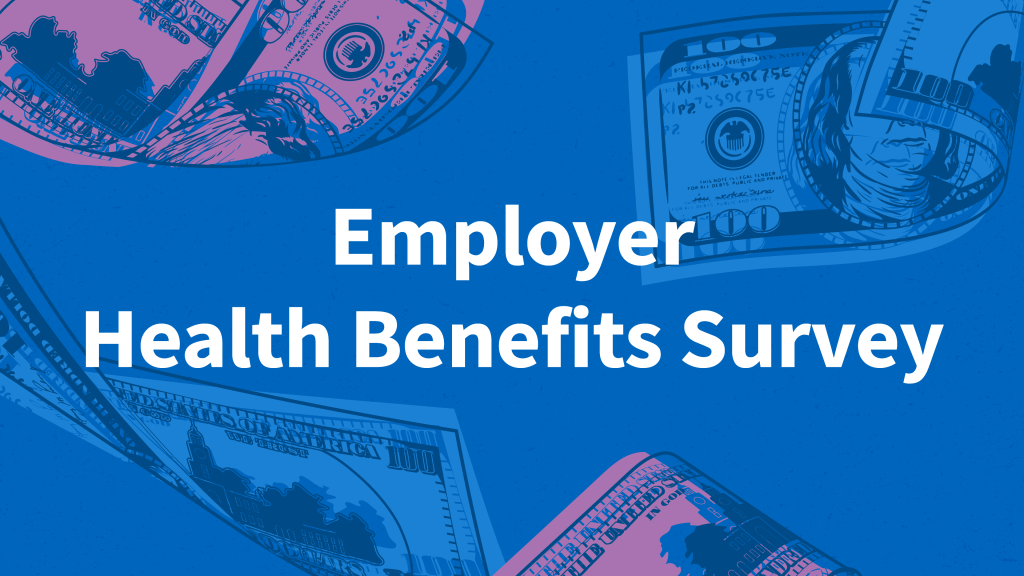Pulling it Together: The Sleeper in Health Reform
The health reform legislation currently being crafted on Capitol Hill is undeniably complex.
The independent source for health policy research, polling, and news.
KFF’s policy research provides facts and analysis on a wide range of policy issues and public programs.
KFF designs, conducts and analyzes original public opinion and survey research on Americans’ attitudes, knowledge, and experiences with the health care system to help amplify the public’s voice in major national debates.
KFF Health News is a national newsroom that produces in-depth journalism about health issues and is one of the organization’s core operating programs.
KFF has conducted this annual survey of private and non-federal public employers with three or more workers since 1999. The survey tracks trends in employer health insurance coverage, the cost of that coverage, and other topical health insurance issues. Findings are based on a nationally representative survey of public and private employers with three or more employees, including those who respond to the full survey and those who indicate only whether or not they provide health coverage. Browse the reports
The health reform legislation currently being crafted on Capitol Hill is undeniably complex.
To broaden coverage, some health reform proposals would require employers to offer coverage or pay to help finance subsidies for those without access to affordable coverage. These types of reforms are often referred to as “pay-or-play” policies.
A key element in any comprehensive health reform plan is defining what health insurance is and the amount of insurance coverage people will have. There are two components to that coverage: the types of services covered (e.g., physician care, hospitalization, prescription drugs, etc.), and the cost sharing required of enrollees (e.g.
On May 5, 2009, the U.S. Senate Committee on Finance held a roundtable discussion on health-care coverage issues as part of its health reform efforts.
This issue brief provides an overview of stand-alone Voluntary Employees' Beneficiary Association trusts, through which employers have been able to rid themselves of future obligations to pay retiree health benefits in exchange for making a significant payment to designed to approximate the projected cost of these benefits.
This Kaiser Family Foundation documentary explores the financial consequences faced by three people, all privately insured, after being diagnosed with cancer. It was released in conjunction with a joint Kaiser/American Cancer Society report, "Spending To Survive: Cancer Patients Confront Holes in the Health Insurance System.
This report highlights the severe challenges cancer patient may face in paying for life-saving care even when they have private health insurance.
The Kaiser Family Foundation maintains a number of primers providing overviews of key health care programs and issues. Written by Foundation staff, each primer provides key data and information that helps illustrate the topic and its relevance for the nation's health care system.
The economic downturn has strained family finances and prompted some Americans to cut back on medications and forgo preventive care and visits to the doctor. At the same time, the downturn has triggered declines in tax revenue that inhibit states’ ability to meet rising Medicaid program costs as enrollment spikes during economic hard times.
A newer version of this Snapshot is available here. Compensation for Workers with and without Access to Health Benefits at Work October 2008 This paper compares the payroll and benefit compensation of workers that had access to employer-sponsored health benefits at work to that of workers who did not have an insurance offer.
© 2026 KFF
